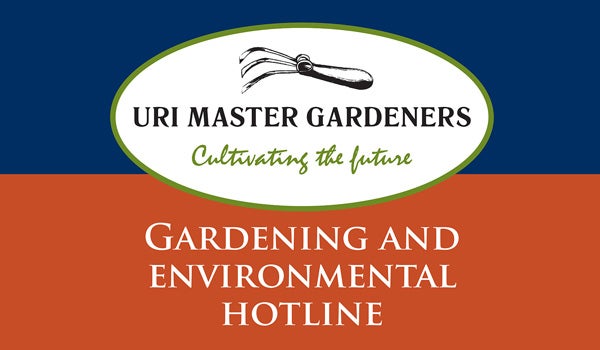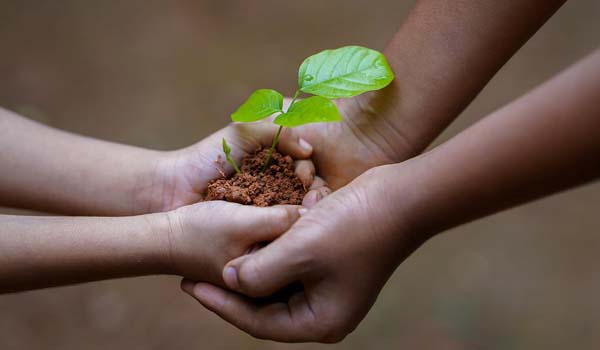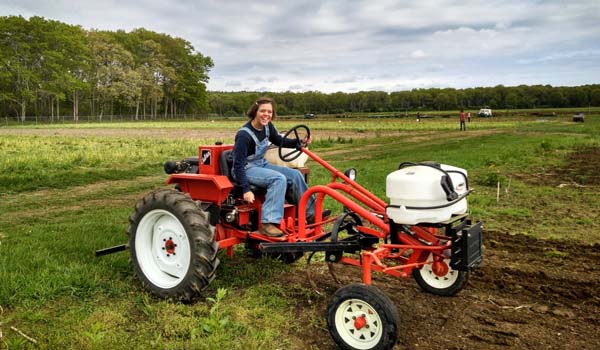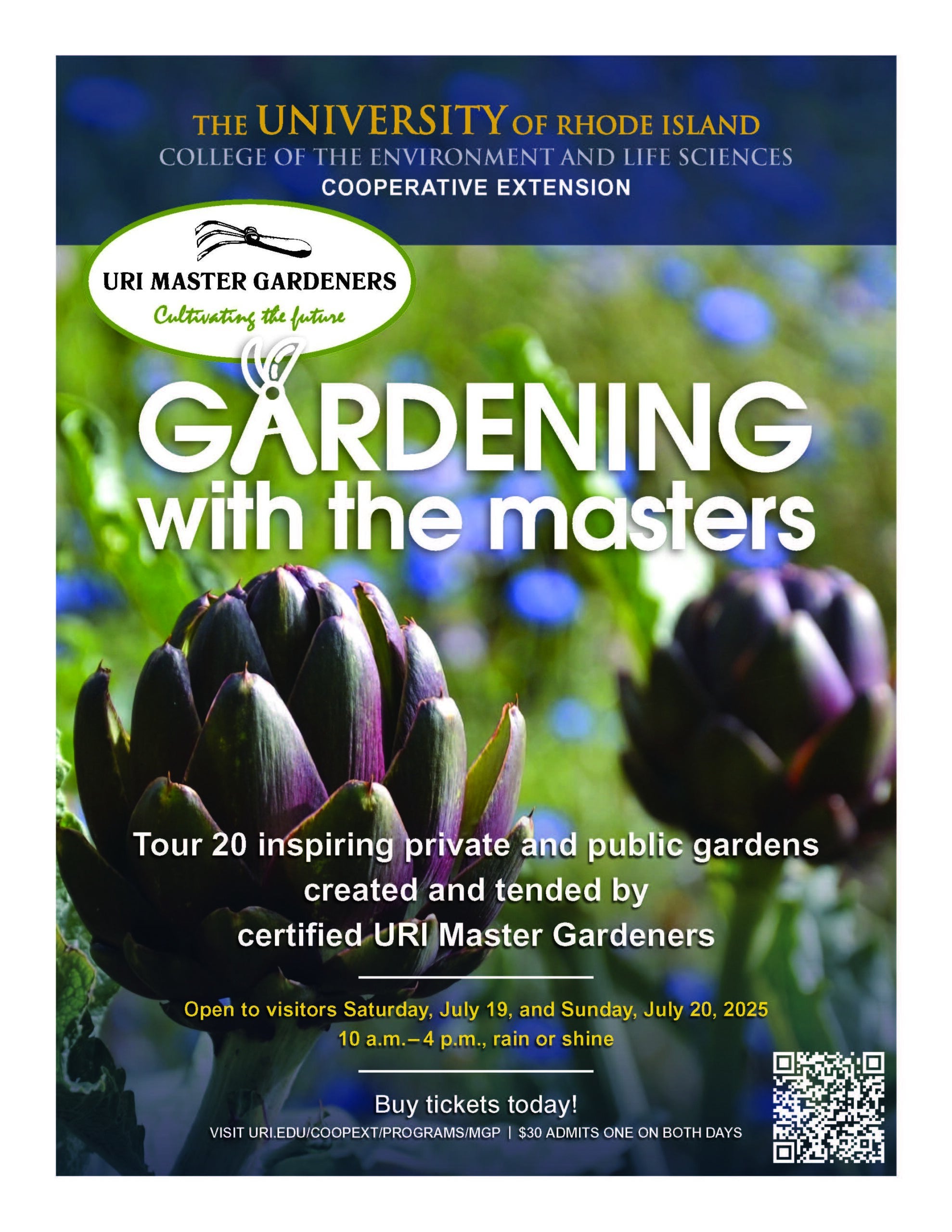Cooperative Extension provides non-formal education and learning opportunities to people throughout the United States—serving farmers and rural communities as well as those in urban areas. In Rhode Island, we strive to reach every corner of the state, delivering science-based information through our educational programs and services to help people make informed decisions in their daily lives.
To highlight the breadth of our impact, we’ve developed a new ArcGIS map dashboard showcasing the many programs offered by URI Cooperative Extension and the number of cities and towns we reach. Check it out!
Learn more about Cooperative Extension and our history to discover how we’ve been making a difference for generations.
News and Stories
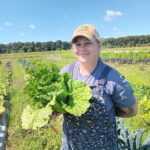 A Valuable and Noble Profession With Purpose May 7, 2025 - A VFW member from Rhode Island spearheaded a gardening program to assist veterans interested in farming
A Valuable and Noble Profession With Purpose May 7, 2025 - A VFW member from Rhode Island spearheaded a gardening program to assist veterans interested in farming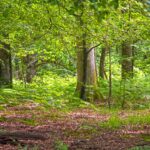 Tree talk: URI forester says forests are part of the solution to climate change May 7, 2025 - Rhode Island woodlands offer test sites for researchers and foresters looking to future
Tree talk: URI forester says forests are part of the solution to climate change May 7, 2025 - Rhode Island woodlands offer test sites for researchers and foresters looking to future Putting URI’s Botanical Collections on the map: University of Rhode Island launches Botanical Collections geo-database May 7, 2025 - New database to offer extensive look at the 1,200-plus plants in URI botanical collections, available for public access and long-term University use
Putting URI’s Botanical Collections on the map: University of Rhode Island launches Botanical Collections geo-database May 7, 2025 - New database to offer extensive look at the 1,200-plus plants in URI botanical collections, available for public access and long-term University use URI Cooperative Extension aiming to connect all Rhode Islanders to increased home energy efficiency May 7, 2025 - ‘Community of Practice’ listening sessions to launch this April, part of URI Energy Literacy Initiative
URI Cooperative Extension aiming to connect all Rhode Islanders to increased home energy efficiency May 7, 2025 - ‘Community of Practice’ listening sessions to launch this April, part of URI Energy Literacy Initiative
Events
URI Cooperative Extension
Kathleen M. Mallon Outreach Center
3 East Alumni Avenue
Kingston, RI 02881
p: 401-874-2900
coopext@uri.edu
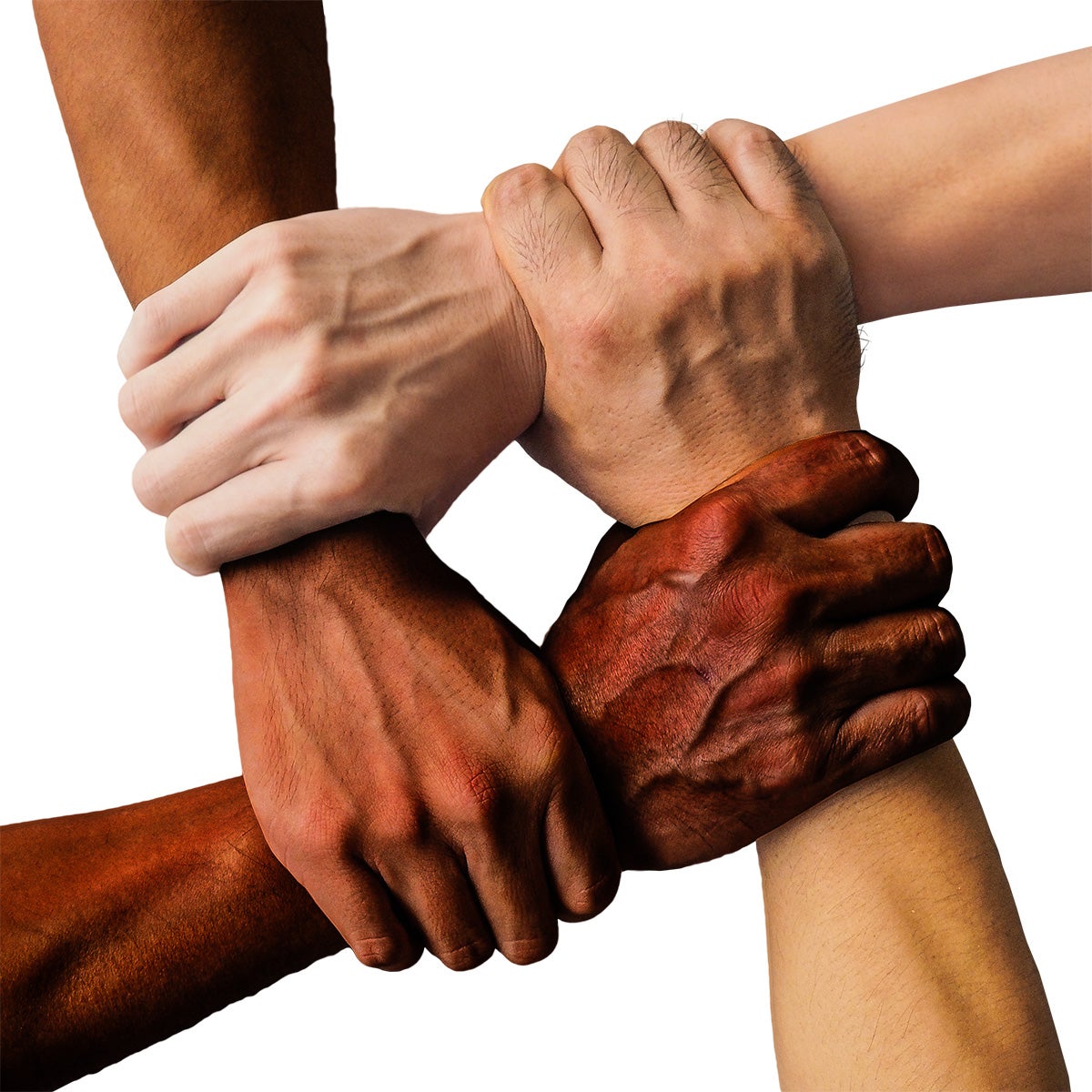
We are committed to Justice, Equity, Diversity and Inclusion (JEDI)
Learn moreThe University of Rhode Island occupies the traditional stomping ground of the Narragansett Nation and the Niantic People. We honor and respect the enduring and continuing relationship between the Indigenous people and this land by teaching and learning more about their history and present-day communities, and by becoming stewards of the land we, too, inhabit.

